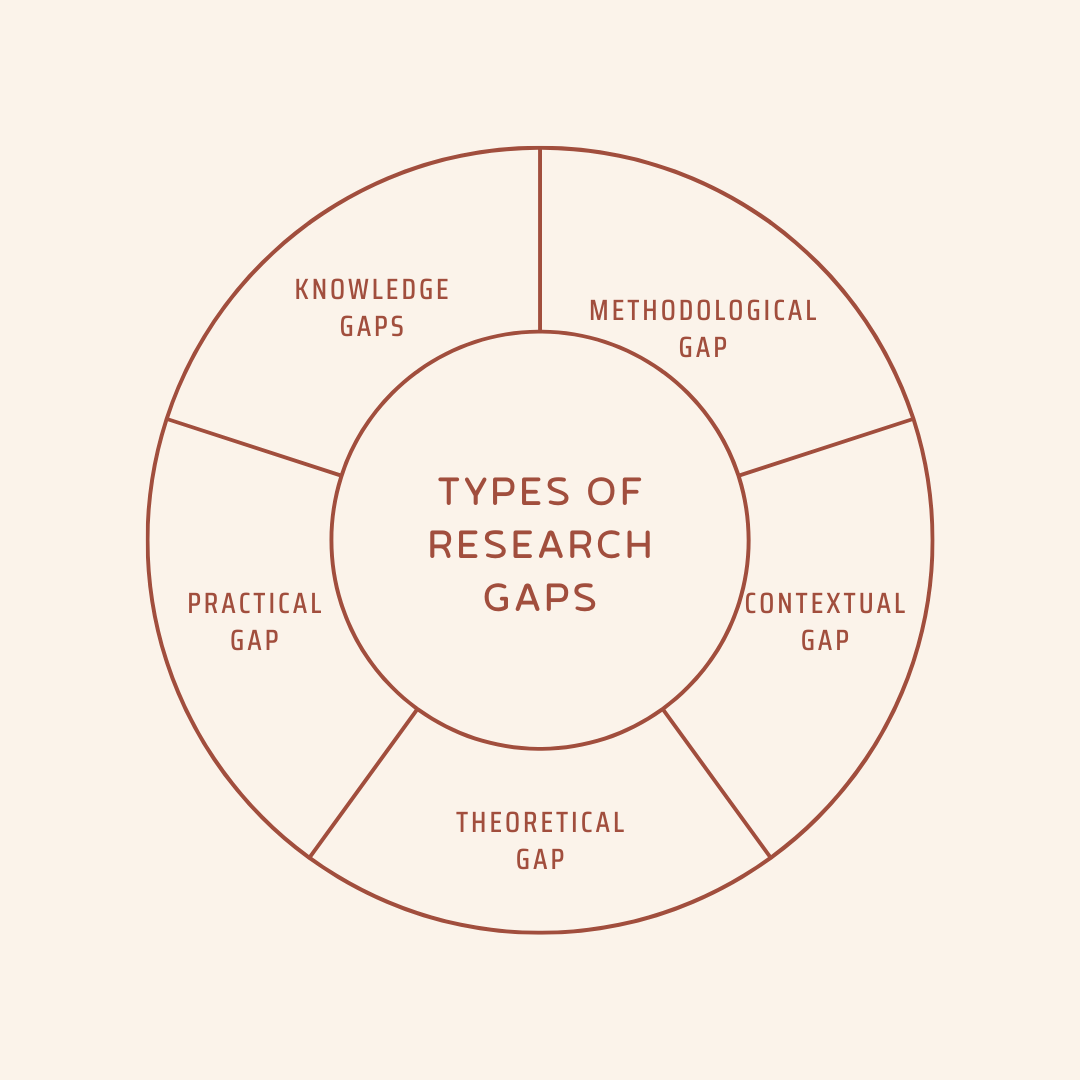When starting your PhD, one of the most crucial steps is identifying a research gap. But what exactly is a research gap, and why does it matter? Think of it as the missing puzzle piece in your field of study—an area that hasn’t been fully explored or resolved. Addressing a gap allows you to contribute uniquely to the academic conversation while building the case for your research’s relevance. Let’s delve into the different types of research gaps, common challenges, and how academic coaching can help you tackle this critical aspect of your PhD journey.
What Are Research Gaps?
A research gap is an area within the existing body of literature that has not been sufficiently studied or addressed. These gaps can appear in different forms, from underexplored contexts to methodological limitations. Identifying the right gap is key to shaping a meaningful and impactful study.
Types of Research Gaps
- Knowledge Gaps
These occur when there’s insufficient information or understanding of a specific topic. For example, while the use of artificial intelligence (AI) in healthcare is a growing field, its application in personalised mental health interventions may remain underexplored.

2. Methodological Gaps
This type of gap arises when current research has limitations in how it’s conducted. For example, most studies might rely on surveys, but there could be value in exploring the topic through qualitative interviews or longitudinal research methods.
3. Contextual Gaps
Contextual gaps occur when findings are limited to certain settings, populations, or environments, leaving gaps in understanding other scenarios. For example, studies on leadership styles might focus heavily on corporate environments but neglect non-profits or small businesses. Similarly, research conducted in developed countries might not address challenges unique to emerging economies. Populations within these contexts, such as marginalised groups or underrepresented demographics, often highlight these contextual gaps.
4. Theoretical Gaps
These gaps occur when an area of study has not been examined using specific theoretical frameworks. Addressing these gaps can lead to the application or development of new theories that deepen our understanding of a topic.
5. Practical Gaps
These arise when academic research doesn’t fully address real-world problems. For example, while theoretical models might outline the benefits of a policy, research might fail to explore how to implement it effectively in practice.
Common Pitfalls When Identifying Research Gaps
- Being Too Broad or Narrow
A gap that’s too broad can make your study unmanageable, while one that’s too narrow may lack significance. - Overlooking Existing Literature
What seems like a gap may already have been addressed in a different context or using a different methodology, so conducting a thorough review is essential. - Choosing Irrelevant Gaps
Not all gaps are worth pursuing. Ensure the one you choose is meaningful to your field and aligns with your interests and capabilities. - Failing to Justify the Gap
Identifying a gap isn’t enough. You must clearly explain why it matters and how addressing it will contribute to your field.
Tips for Identifying and Addressing Research Gaps
- Conduct a Systematic Review
Dive deep into databases, journal articles, and grey literature to understand what’s already known and what’s missing. - Ask Critical Questions
Reflect on what hasn’t been explored. Are there overlooked contexts, methodologies, or theories that could offer fresh perspectives? - Stay Current
Keep up with the latest developments in your field to identify gaps emerging from new trends or technologies. - Engage with Experts
Discussing your ideas with supervisors, peers, or academic coaches can help you uncover gaps you may have missed. - Focus on Real-World Relevance
Linking your research to practical issues can make your study more impactful and appealing to a broader audience.
How Academic Coaching Can Help
Identifying a research gap can feel like searching for a needle in a haystack, but you don’t have to go it alone. Academic coaching offers tailored support to help you systematically review the literature, refine your focus, and ensure your chosen gap is significant, feasible, and relevant. Coaches also provide valuable insights and feedback, helping you avoid common pitfalls and streamline the process.
Final Thoughts
Finding and addressing a research gap is a cornerstone of a successful PhD. By understanding the different types of gaps and approaching the process methodically, you can lay the groundwork for impactful research. Remember, identifying the right gap isn’t just about filling a void; it’s about making a meaningful contribution to your field. And with the guidance of an academic coach, this challenging step can become a more manageable and rewarding experience.